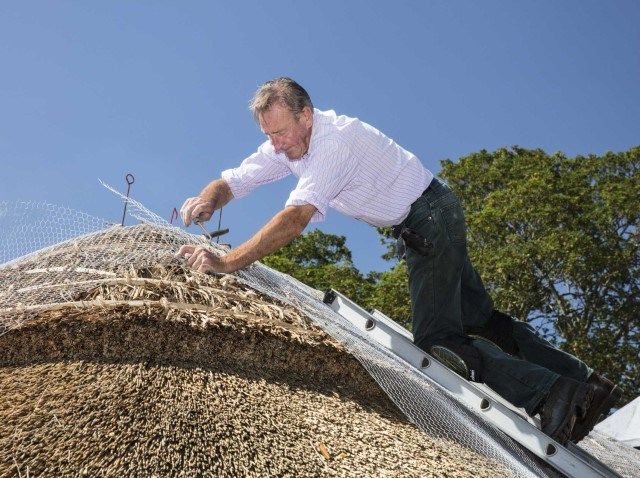
Historic England has launched a second emergency fund to support the heritage sector recovery from the effects of the coronavirus pandemic.
The fund, which will be up to £3 million, will award grants to those who care for some of England’s most significant historic sites to help fund urgent maintenance, repairs, and investigations where support is most needed. The business generated will help heritage specialists, whose livelihoods have been severely affected by the COVID-19 outbreak.
Grants of up to £25,000 will be offered to fix urgent problems at locally-cherished historic buildings and sites, which are normally visited by the public, so that they can re-open as quickly as possible, subject to COVID-19 restrictions, and thrive once again.
The funding can be used to address problems such as damaged roofs, masonry and windows, to hire scaffolding to prevent structural collapse, or commission surveys necessary to inform urgent repairs.
Historic England, which is responsible for protecting and championing the nation’s historic environment, has developed the COVID-19 Heritage at Risk Response Fund, following its own comprehensive survey of heritage organisations. The survey revealed the serious impact of coronavirus on the sector, and loss or postponement of work was the most common reported effect of the outbreak.
Those hardest hit were craft workers, like stonemasons and glaziers, and professionals such as architects and surveyors. More than three-quarters (78%) are facing the failure of their businesses and expect to cease trading by October without additional support. This fund will generate work for these professionals from early autumn and develop a pipeline of projects.
Applications
Applicants are invited to apply for grants of up to £25,000 towards a maximum project size of £30,000 for urgent minor repairs, maintenance or development works, which must be started before 31, October, 2020.
The deadline for expressions of interest is midnight on 28 June. Those successful at this stage will be informed by 27 July and invited to submit a full application by 31 August.
Who can apply?
Owners, leaseholders (with a 21-year full repairing lease), and charitable bodies and trustees responsible for the maintenance and repair of:
- Buildings and structures listed at Grade I and II*, that are publicly accessible for a minimum of 28 days per year
- Buildings and structures listed at Grade II that are publicly accessible for a minimum of 28 days per year only if they are situated in either a conservation area and are a significant component of the character of that conservation area, or in a Grade I or II* registered park and garden
- Scheduled monuments that are publicly accessible for a minimum of 28 days per year.
More information on eligibility and how to apply
This is the second emergency fund from Historic England in response to COVID-19 and comes soon after a £1.8 million fund that is supporting 70 organisations to weather the crisis and aid recovery. Both funds are designed to complement the measures already put in place by the government, as well as the National Lottery Heritage Fund’s recently announced £50 million emergency fund.



